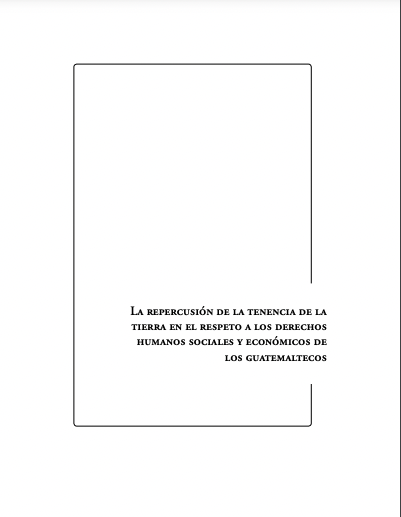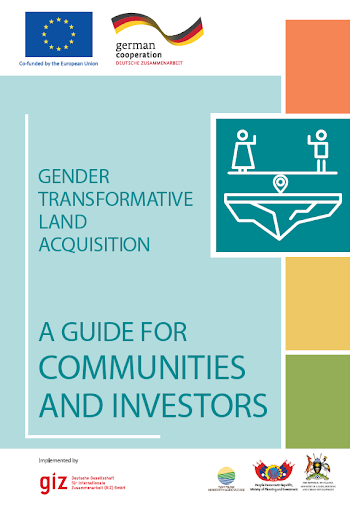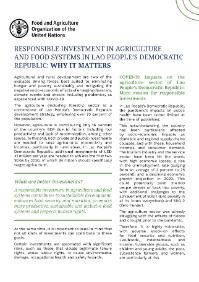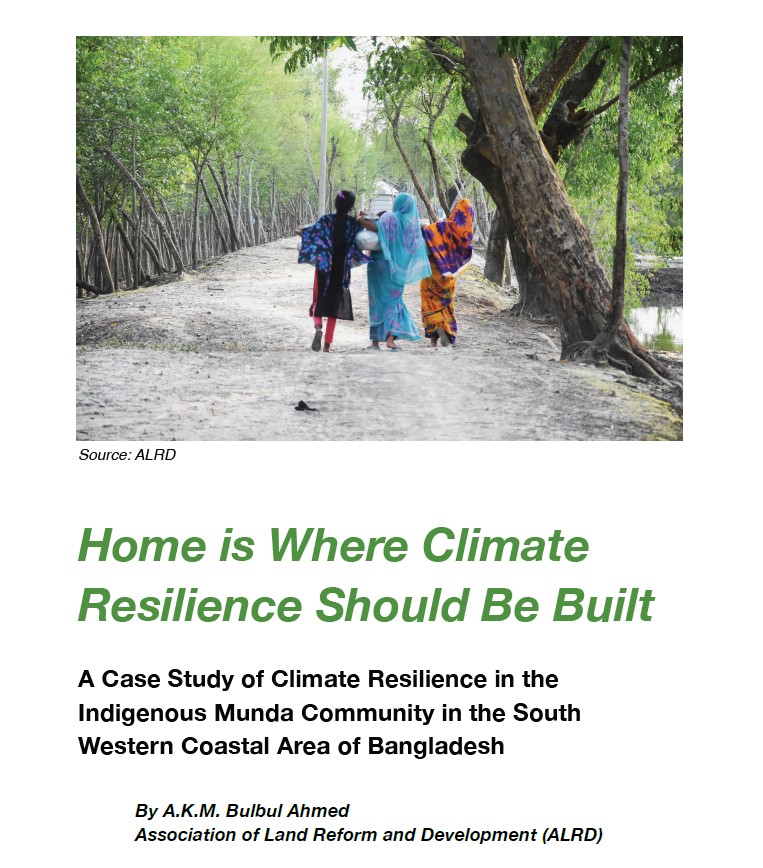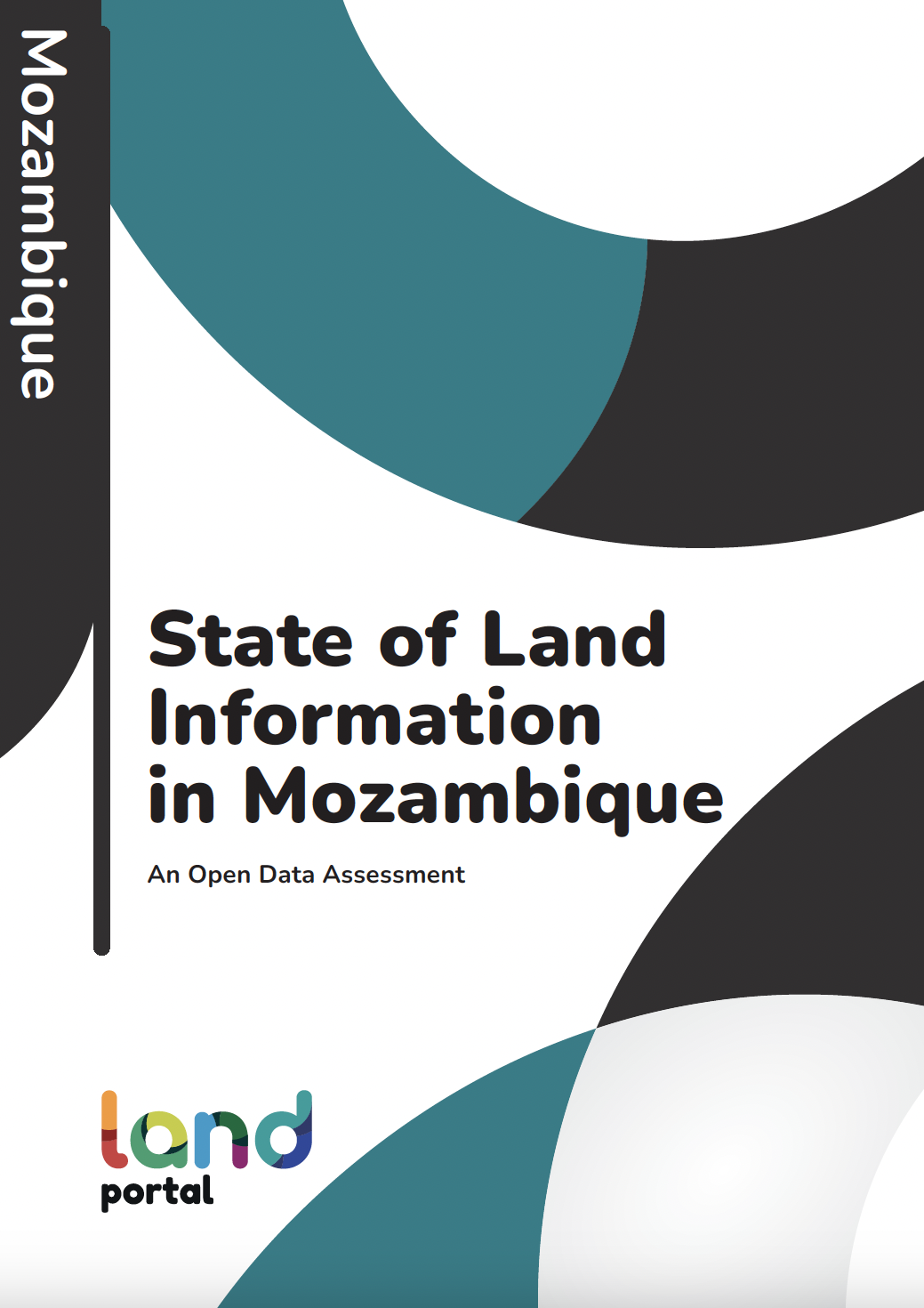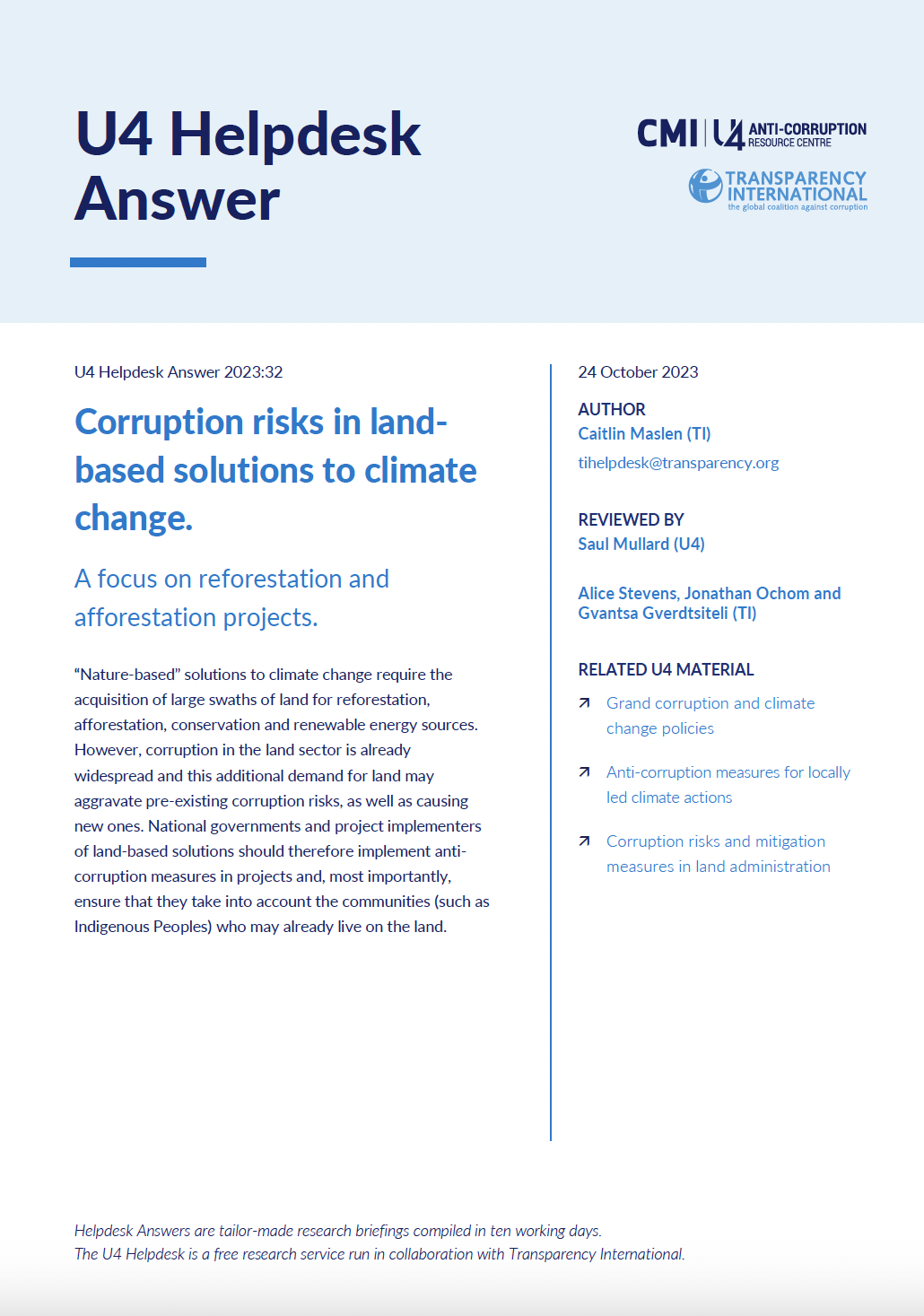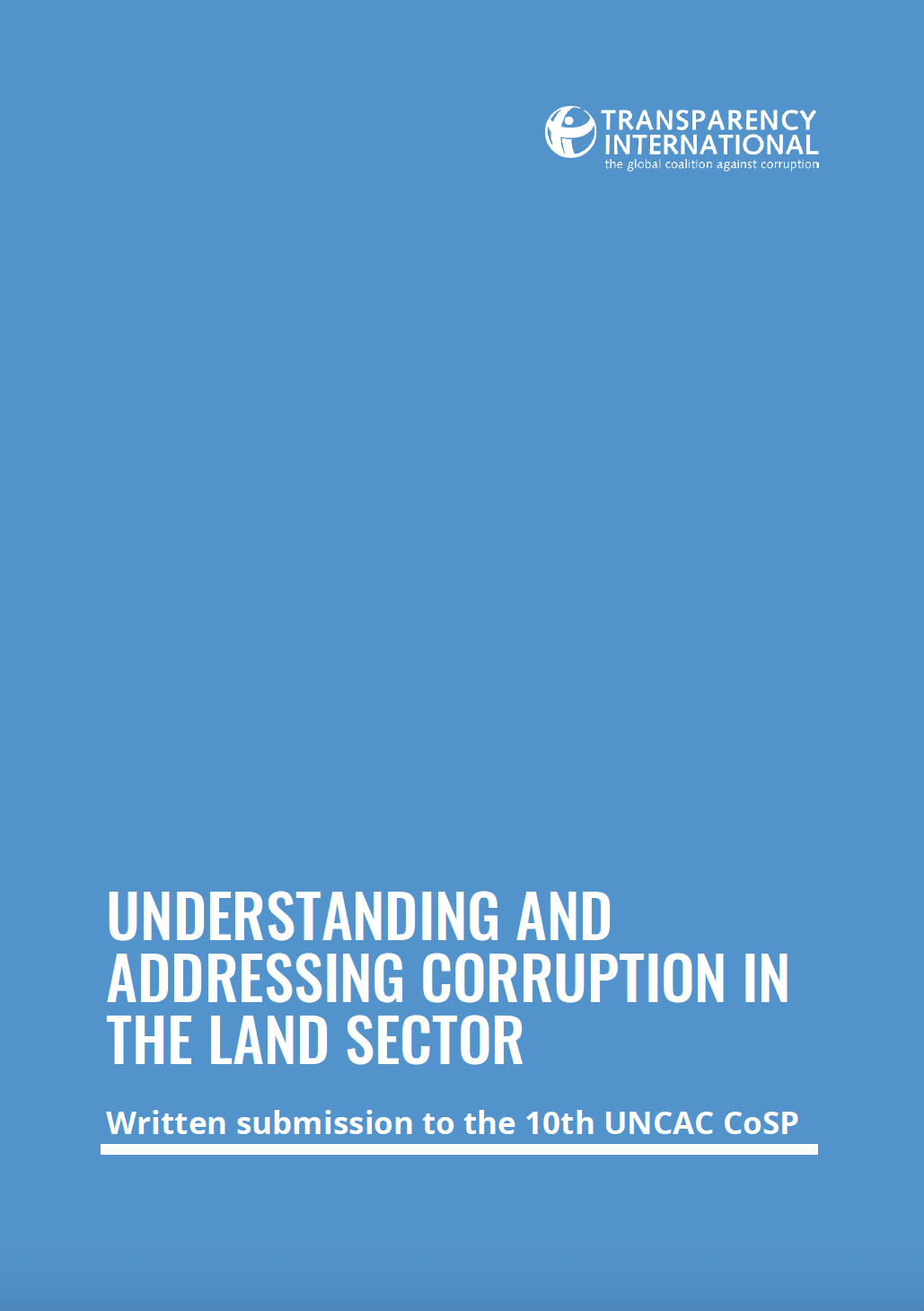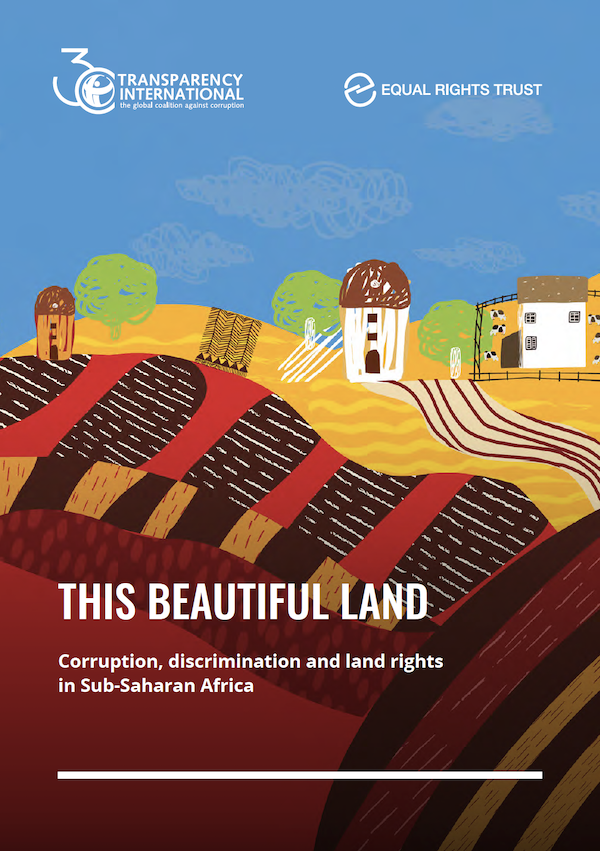La repercusión de la tenencia de la tierra en el respeto a los derechos humanos sociales y económicos de los guatemaltecos
La reforma agraria y las invasiones a fincas privadas o del gobierno son temas tratados desde hace mucho tiempo en Guatemala; se han discutido desde la fallida reforma agraria impulsada por el ex presidente Juan Jacobo Arbenz Guzmán hasta la actualidad. Este artículo inicia con una sucinta referencia a la evolución histórica del tema de la tenencia de la tierra en Guatemala y analiza el papel desempeñado por los gobiernos de turno.

